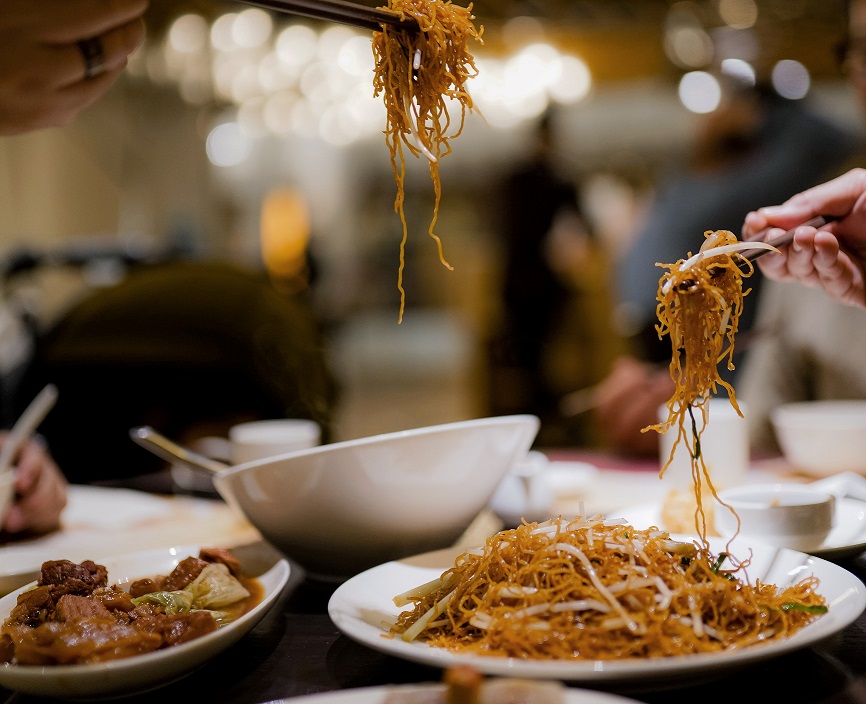With COVID-19 sounding the alarm and President Xi Jinping calling the amount of waste “shocking and distressing”, China has stepped up measures to reduce food waste with its 'Clean Plate' campagin.
Coming after weeks of mass flooding across southern China which left farms wrecked and ruined tons of produce, President Xi said China had to maintain a sense of crises about food security.
Following Mr Xi's message, the Wuhan Catering Industry Association urged restaurants in the city to limit the number of dishes served to diners - implementing a system where groups must order one dish less than the number of diners. So, under this system dubbed "N-1", a group of 10 people can only order 9 dishes.
In a country where it is seen as polite to order more than the amount needed, this new system will likely take time to adjust to. In a group setting, empty plates are sometimes seen as a sign of a bad host - signifying that an insufficient amount of food was ordered for guests.
The N-1 idea has faced criticism online, with some pointing out that it was too rigid.
"What if one person goes to a restaurant alone? How many dishes can he order? Zero?" asked one person on the microblogging site Weibo.
It's not the first time China has launched an anti-food-waste campaign. In 2013, the "Operation Empty Plate" campaign was launched, although that targeted extravagant feasts and reception held by officials, rather than putting the onus on the public.
According to WWF China, around 17 to 18 million tonnes of food went to waste in China in 2015. The amount of food China wastes is enough to feed 30 to 50 million people annually, so aggressive tactics have been necessary to reshape the way people think about their consumption habits.
In July 2019, the city of Shanghai - the largest and most populous in the world - introduced strict regulations forcing individuals and companies to correctly recycle their food waste. Citizens faced fines as punishment for not complying or penalties to their social credit rating - a controversial system affecting economic and social prospects.
The Shanghai model has since been rolled out to other cities.
In the authoritarian country, eating freely is a cherished activity and the new campaign is being seen by some as a way to control this too.






